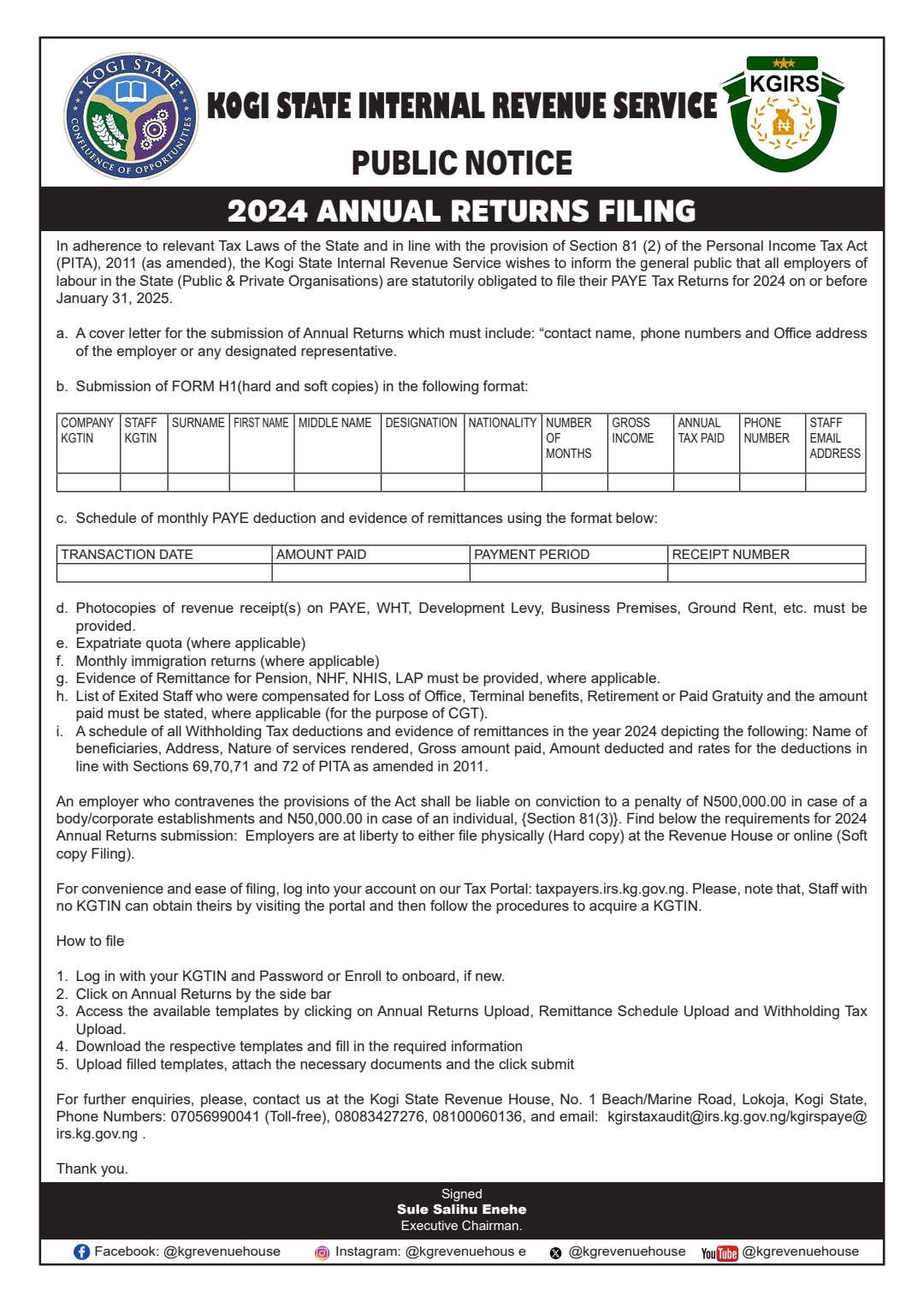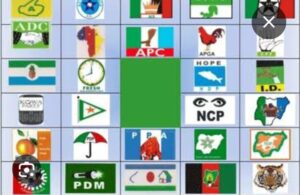


By Tom Odi
Politicians are very good talkers. At times, they can’t keep a civil tongue. Yet, at times, they speak with forked tongue. But, that some Nigerian politicians finesse politics with luxuriant language and peculiar argots is a known fact. You can take that to the bank. Many of them have rich vocabulary and robust diction laced with literary coinages. Some of the expressions are plain jibes and jokes that make you roll in the aisles.
In the 50s or the First Republic, the word “penkelemesi” was historically linked to Adegoke Adelabu who had reportedly described the imbroglio in the then Western Regional Assembly as “peculiar mess”, yorubanized into “penkelemesi”.
The phrase: “If you Tarka me, I will Daboh you” emanated from the political competition between two Benue State politicians, Joseph Tarka and Godwin Daboh. Nor can we easily forget the hilarious expression: “When the come comes to become”, reportedly attributed to Kingsley Mbadiwe.
In the Third Republic, the National Republican Convention (NRC) with its party symbol as the eagle had the lingo as ” The Eagle has landed”. In the language craft exhibited in the Fourth Republic, politicians in the PDP sloganeered the expression, “PDP, power to the people”.
In recent times are the expressions, “Elections are not won in the social media” and “Elections are not won by emotions but by strategies”. This last expression which has crept into the political lexicon of Nigeria, engages the attention of this writer.
Elections provide the fertile turf for the flexing of political muscles where each contestant spins their own masterstroke to clinch victory. In this period when there must be a pick from the pack, when a victor must emerge, emotions are typically high. The whole political space is swarmed with a melange of campaign banners and mementoes conveying sentiments. These are usually partisan, religious and ethnic sentiments.
Of the emotions canvassed to push for advantage is ethnicity. In a pluralist country as ours, every tribe wants to take its turn to occupy key positions. This strident clamour for ethnic consideration, often in the desire for a fellow tribesman to be at the helms, pans out in the belief that fellow ethnic brothers will have robust opportunities if their own tribesman is the leader.
Majority tribes do not want to cede power on the lame excuse that hypes the threadbare refrain, “Democracy is a game of numbers”. Minority tribes believe that the polity belongs to all and every stakeholder must be advantaged by collective ownership. This same sentiment goes for religious issue apart from partisanship where each registered political party rigorously presses to drub the other. So then, the political space becomes one hot-house milieu and a bedlam of ear-splitting agitations.
In the course of this hoopla for equitable power rotation formula, the moral import of brotherhood is, however, submerged by both hardball and bully-boy tactics. Herein comes the argument that strategies win elections not emotions. While the muslim-muslim ticket of the APC in the last presidential election mortified and flattened the Nigerian Christendom, Tinubu vociferously championed strategy as his reason for his choice of Shettima, his fellow muslim, as his running mate barring other considerations that will calcify contest into conquest and flower it into victory.
Scaled down to Kogi State where the governorship election comes up in November 11 this year, the three main ethnic stocks in the state have donned the garbs of ethnicity as the candidates of the three main political parties: the APC, PDP and SDP display tribal badges. APC has Usman Ododo from Ebira; PDP, Dino Melaye from the Okun axis and Muritala Ajaka of the SDP from Igala.
The principle of rotation, uncodified constitutionally and hinged on gentleman agreement to accommodate divergent aspirations, hopes and dreams, seems to be swept under the carpet. While the Igalas, who have ruled the state for 16 years and often hype majority emotion, believe that power must return to them, the Okuns aver that their Western axis has never had a bite at the leadership cherry of the state. They believe that equity and justice must be the tectonic plate upon which the axis stands to agitate for the governorship position.
However, the Ebiras, who have been in power in the last eight years, seem to have gone beyond sentiments. They premise their foray into the forthcoming governorship contest on pure strategy. In other words, everyone can throw their hat into the ring and strategize to win. So, then, the best and most astute strategist should coast to victory.
In summary, ours is one torridly lyrics tempestuous political space where political expressions, dressed in deafening refrains, grapple to enact peculiar messages…some frivolous and ridiculous yet, some critical, real and sublime. Which claim will seal the deal, time will tell.
Tom Odi, a veteran journalist, writes from Ageva in Okene LGA.


